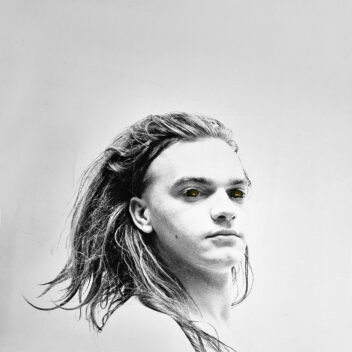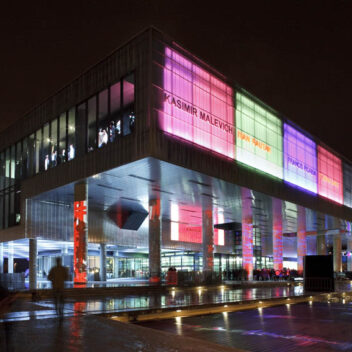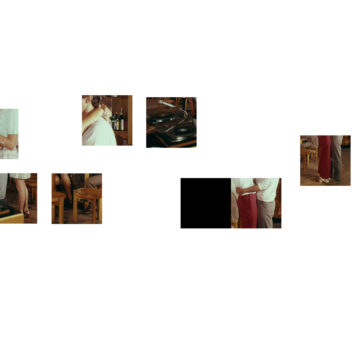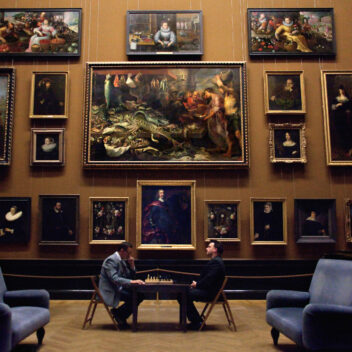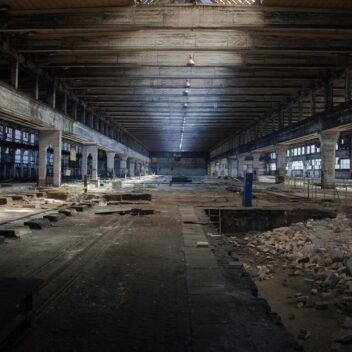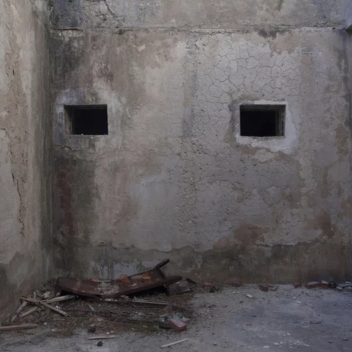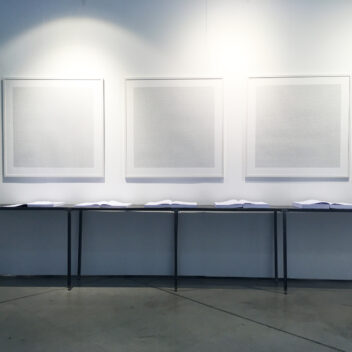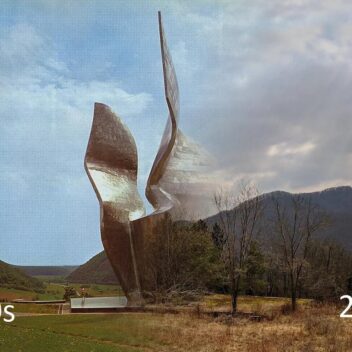Sandro Đukić
The Croatian New Media artist, Sandro Đukić studied with the video art pioneers Nam June Paik and Nan Hoover. Being a New Media artist, he not only deals with the changing relationships of media such as photography and video, but also with computer-controlled mechanisms like saving, documenting and data storage of reality, which are subject to the process of photography and disclosure by the media.
He swiftly changes between the aforementioned media – from spatial, architectonic and photographic installations and constructed films and, at the same time, creates several levels of meaning as concerns space. Consequently, he sees himself as a virtual-visual artist, tending to a critical interpretation of space and the beginning of creating a work of art. For the past 20 years, he has dedicated himself to the re-search in/of archives and the multimedia presentation thereof.
Read moreThroughout the 20th and at the beginning of the 21st century, globalization in Eastern Europe has led to extensive changes. Trade, migration and new globally available technologies have accelerated economic structural change. At the same time, major social upheavals and tensions can be observed,
manifesting themselves in drastic demographic changes. Sandro Đukić analyzes these socio-economic transformations within the global context, but also takes a look at the changes in ideology that are linked thereto and that are triggered by memory from multiple perspectives. Đukić is primarily interested in the phenomenon of time and he tries to track down its duration and its circle. But he also explores the change of technological paradigm as well as deindustrialization. Transformation processes and visual change become visible from this temporal distance, developing a subjective glance on memories. The exploration of and reflection on systemic relations, the contextualization of the research results based on his photo archive are part of his artistic practice in order to illustrate differentiated perspectives of utopic modernistic complexes and possibilities of change through the loss of collective memory as a trigger for social concepts.

